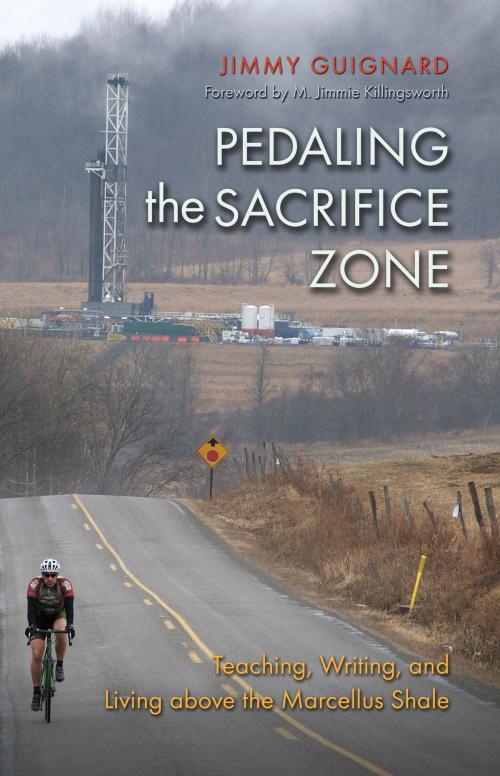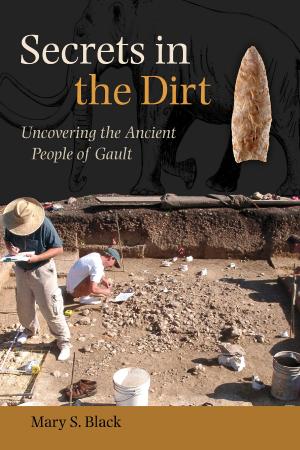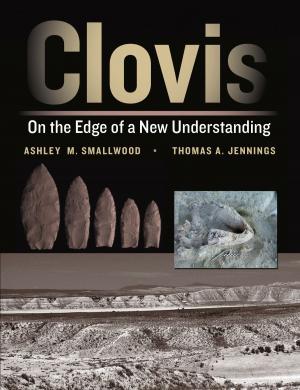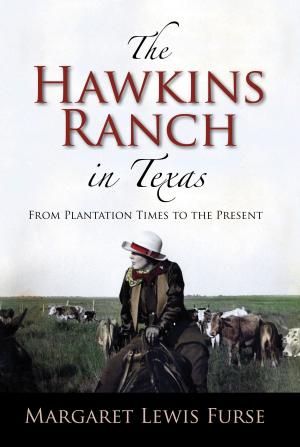Pedaling the Sacrifice Zone
Teaching, Writing, and Living above the Marcellus Shale
Nonfiction, Reference & Language, Language Arts, Public Speaking, Rhetoric, Business & Finance, Industries & Professions, Industries, Biography & Memoir| Author: | James S. Guignard | ISBN: | 9781623493523 |
| Publisher: | Texas A&M University Press | Publication: | September 18, 2015 |
| Imprint: | Texas A&M University Press | Language: | English |
| Author: | James S. Guignard |
| ISBN: | 9781623493523 |
| Publisher: | Texas A&M University Press |
| Publication: | September 18, 2015 |
| Imprint: | Texas A&M University Press |
| Language: | English |
Before the dust settles, as many as 100,000 natural gas wells may be drilled into the Marcellus Shale on more than 20,000 well pads in Pennsylvania.
Living on seven acres above the shale, Jimmy Guignard tells his story as an English professor grappling with the meaning of place and the power of words as he watches the rural landscape his family calls home be transformed into an industrial sacrifice zone.
From the vantage point of an avid and experienced cyclist, Guignard tracks the takeover, chalking up thousands of miles pedaling through Tioga and surrounding counties. Encountering increased truck traffic on the roads, crossing pipeline construction on the trails, and passing a growing number of flaring gas wells, the author’s rides begin to shape his academic work in ways he found surprising and sobering.
Juggling his roles as disinterested professor, anxious father and citizen, and reluctant activist, he reveals how the rhetoric of industry, politicians, and locals reshaped his understanding of teaching and his faith in the force of language.
Before the dust settles, as many as 100,000 natural gas wells may be drilled into the Marcellus Shale on more than 20,000 well pads in Pennsylvania.
Living on seven acres above the shale, Jimmy Guignard tells his story as an English professor grappling with the meaning of place and the power of words as he watches the rural landscape his family calls home be transformed into an industrial sacrifice zone.
From the vantage point of an avid and experienced cyclist, Guignard tracks the takeover, chalking up thousands of miles pedaling through Tioga and surrounding counties. Encountering increased truck traffic on the roads, crossing pipeline construction on the trails, and passing a growing number of flaring gas wells, the author’s rides begin to shape his academic work in ways he found surprising and sobering.
Juggling his roles as disinterested professor, anxious father and citizen, and reluctant activist, he reveals how the rhetoric of industry, politicians, and locals reshaped his understanding of teaching and his faith in the force of language.















